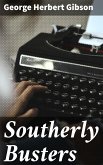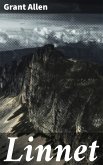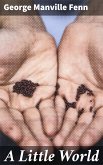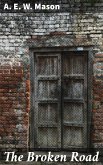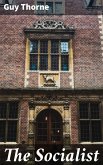Frederick Whishaw's "Mazeppa" stands as a compelling exploration of themes such as passion, betrayal, and the quest for identity, all woven into a richly detailed narrative. Set against the dramatic backdrop of the 17th-century Cossack uprising, the novel employs a vivid literary style that combines poetic language with intricate character development, evocatively illustrating the tumultuous emotions experienced by its protagonists. Whishaw's skillful use of symbolism and allegory further enhances the narrative, situating the work within the broader context of Romantic literature, where human experiences are often juxtaposed against nature's indifference. A notable figure of the Victorian literary scene, Frederick Whishaw was deeply influenced by the historical complexities and cultural narratives of Eastern Europe. His extensive travels and experiences with different cultures provided him with a unique perspective, informing the distinct voice evident in "Mazeppa." Whishaw's poignant portrayal of his characters reflects his nuanced understanding of human motivations and social dynamics, which likely stemmed from his own varied life experiences. For readers seeking an intricate blend of historical fiction and poetic prose, "Mazeppa" is a remarkable journey worth undertaking. Whishaw'Äôs deft narrative invites contemplation on the nature of liberty and loyalty, making it not only an engaging read but also a profound commentary on the human condition. This novel is highly recommended for those interested in the interplay of history and literature.
Dieser Download kann aus rechtlichen Gründen nur mit Rechnungsadresse in A, B, BG, CY, CZ, D, DK, EW, E, FIN, F, GR, H, IRL, I, LT, L, LR, M, NL, PL, P, R, S, SLO, SK ausgeliefert werden.



